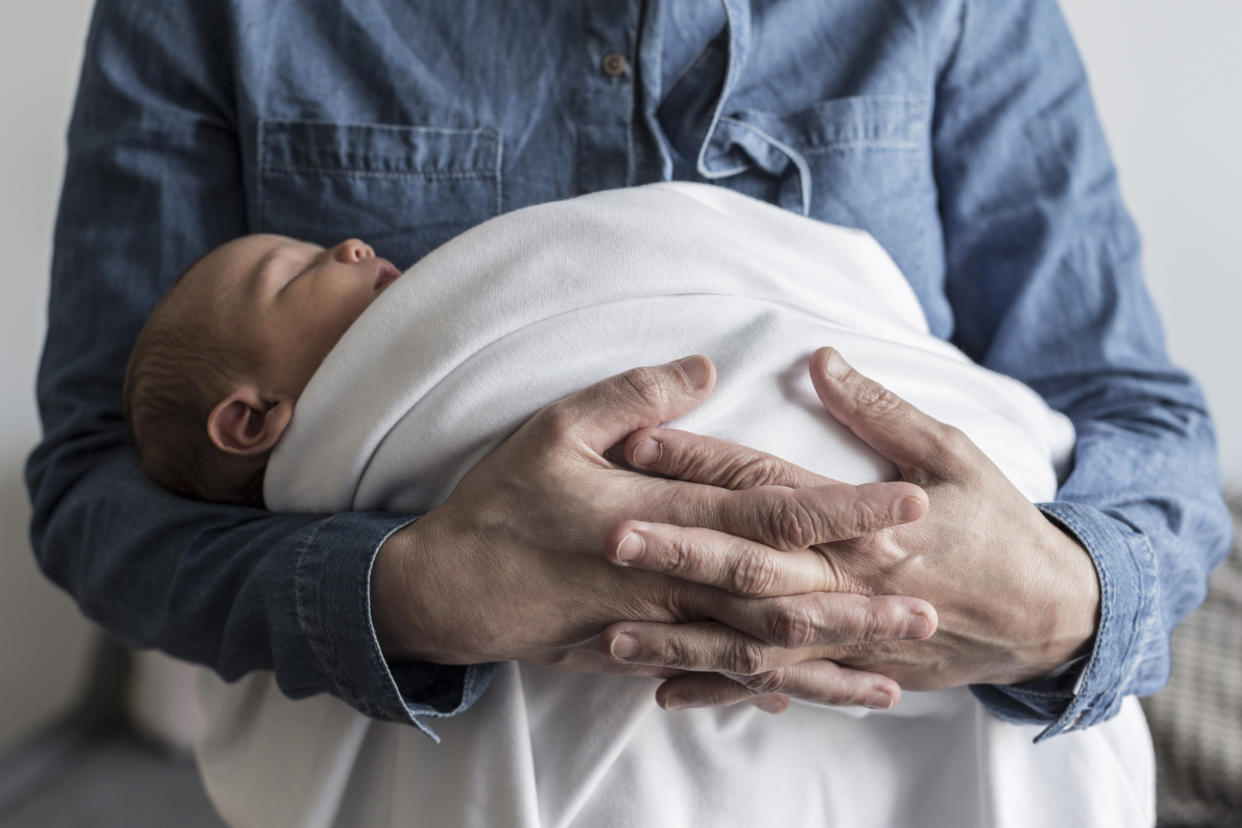Budget 2020: What does the baby deficit mean for Australia’s bottom line?

Australia is under threat of a population slump as the number of newborn babies is predicted to plummet thanks to the Covid-19 recession.
Australia’s Centre for Population has published new research, by professor Peter MacDonald, on our nation’s fertility rate which predicts there will be a deficit of 280,000 babies by 2024.
The downward trend in fertility puts extra pressure on Treasurer Josh Frydenburg in the lead up to the budget next week with the deepest recession since the 1930s expecting to show a budget deficit in excess of $85 billion.
The fertility rate will serve to highlight and exacerbate a structural problem which is already evident in the Budget.
Also read: Federal Budget 2020-21: What we know so far
Also read: Pensioners to score budget boost
The Covid-19 effect on Australia’s fertility rate
Thanks to the pandemic, the already declining fertility rate looks set to accelerate in the near-term.
According to the report, around 56,000 fewer babies will be born in each of the next five years than predicted in last year’s federal budget.
The fertility rate, which was expected to increase to 1.9 babies per woman over the next five years, from 1.8 in 2018, is now expected to drop to 1.6 babies per woman - the lowest level on record.
“The outbreak of COVID‐19, as well as the measures taken to limit its spread, is expected to affect fertility by producing uncertainty among young people that leads to them deferring when they have children,” MacDonald explained in the report.
He added that some households are also likely to defer children if one or both parents lose their eligibility for parental leave payments through COVID‐related unemployment.
In addition to economic uncertainty and Covid-19 lockdowns, border closures, which have brought overseas migration to a sudden halt, have also contributed to a couples’ decision to to call off or delay the decision to have children.
What does the baby deficit mean for Australia’s bottom line?
Sarah Hunter, chief economist from BIS Oxford Economics, said that the downturn would not have an immediate impact on the budget but would have long-term implications such as reducing the size of the labor force.
"It ultimately reduces how big the economy can be," she told SMH.
"This is going to have a material impact over the longer term."
The lower fertility rate will also have a severe impact on the delayed intergenerational report that maps out the long-term health of the budget. When released in 2015, it was based on a forecast fertility rate of 1.9 until 2050.
Australia’s baby deficit - is our government doing enough?
After Australia hit the lowest-fertility rate on record of 1.7 babies in 2001, a new campaign was introduced to boost the birth rate.
In the 2002 budget, delivered by then-Treasurer Peter Costello, new parents were given a $2,500 baby bonus.
At the time, Costello encouraged families to "have one for mum, one for dad and one for the country" as part of his campaign to boost the birth rate.
The scheme contributed to an increase in the fertility rate to 2.02 babies per woman in 2008, according to Australian Bureau of Statistics data.
Fast forward to 2020, and the budget due to be handed down next week is expected to show the lowest population growth in more than a century.
But in July, Frydenberg said that the best way to boost the fertility rate was to make people more confident about the nation's economic future.
"People should feel encouraged about the future and the more children that we have across the country, together with our migration will build our population growth and that will be good for the economy," he told the National Press Club.
But if governments want Aussies to procreate for the good of the economy, they need to be prepared to help them.
Labor's home affairs spokeswoman Kristina Keneally, who raised concerns about the forecast fertility rate last year, told the SMH the government would have to use the budget to find a way to encourage more births.
“The July budget foreshadowed a drop in the fertility rate "due to weaker economic conditions and outlook", meaning the Morrison recession is not putting people in the mood,” she said.
“If the government wants parents to procreate, Josh Frydenberg and Scott Morrison must create a plan for jobs and economic growth.”
For more Yahoo Finance stories on the 2020 Federal Budget, visit here.
Make your money work with Yahoo Finance’s daily newsletter. Sign up here and stay on top of the latest money, economy, property and work news.
Follow Yahoo Finance Australia on Facebook, Twitter, Instagram and LinkedIn.



